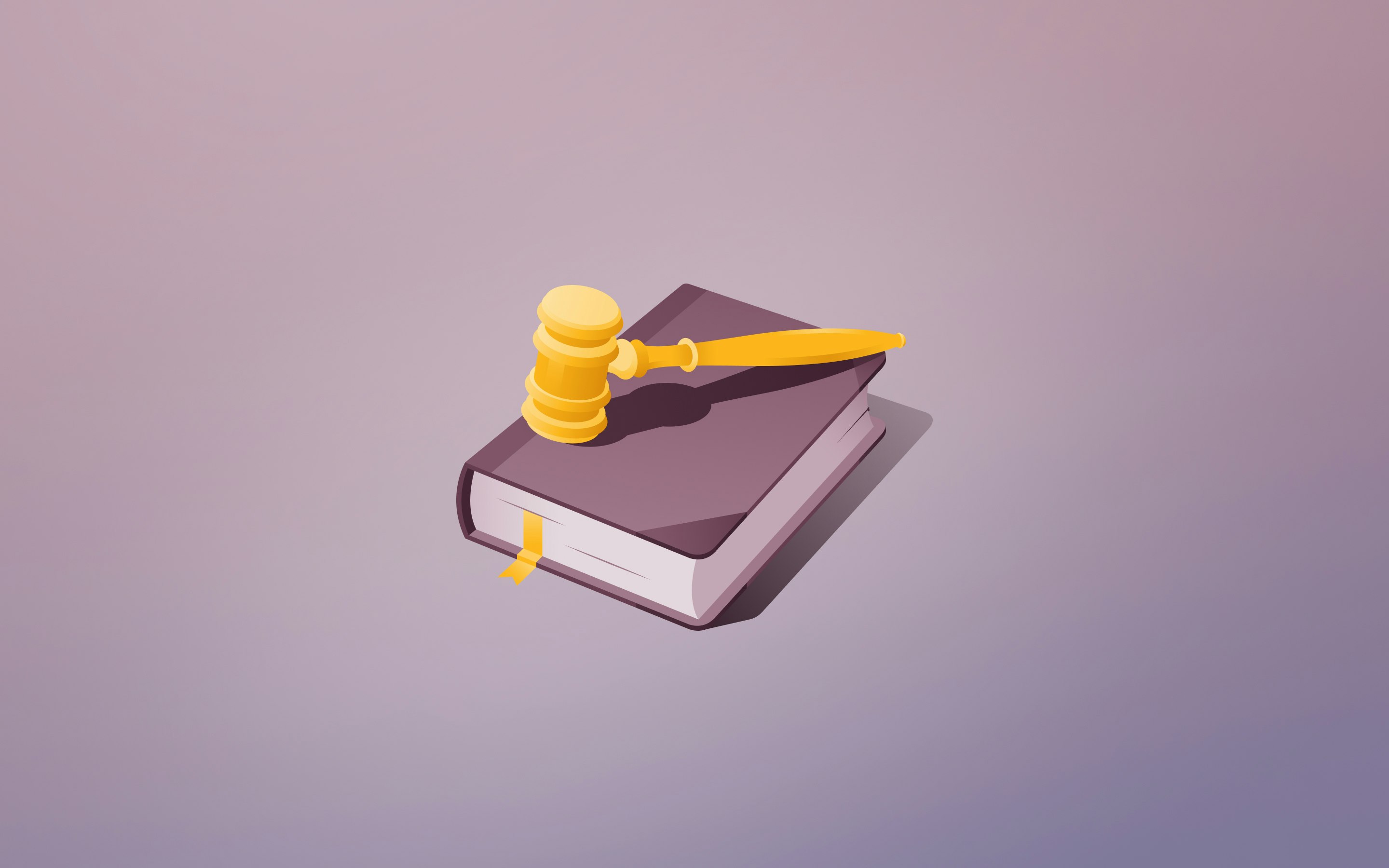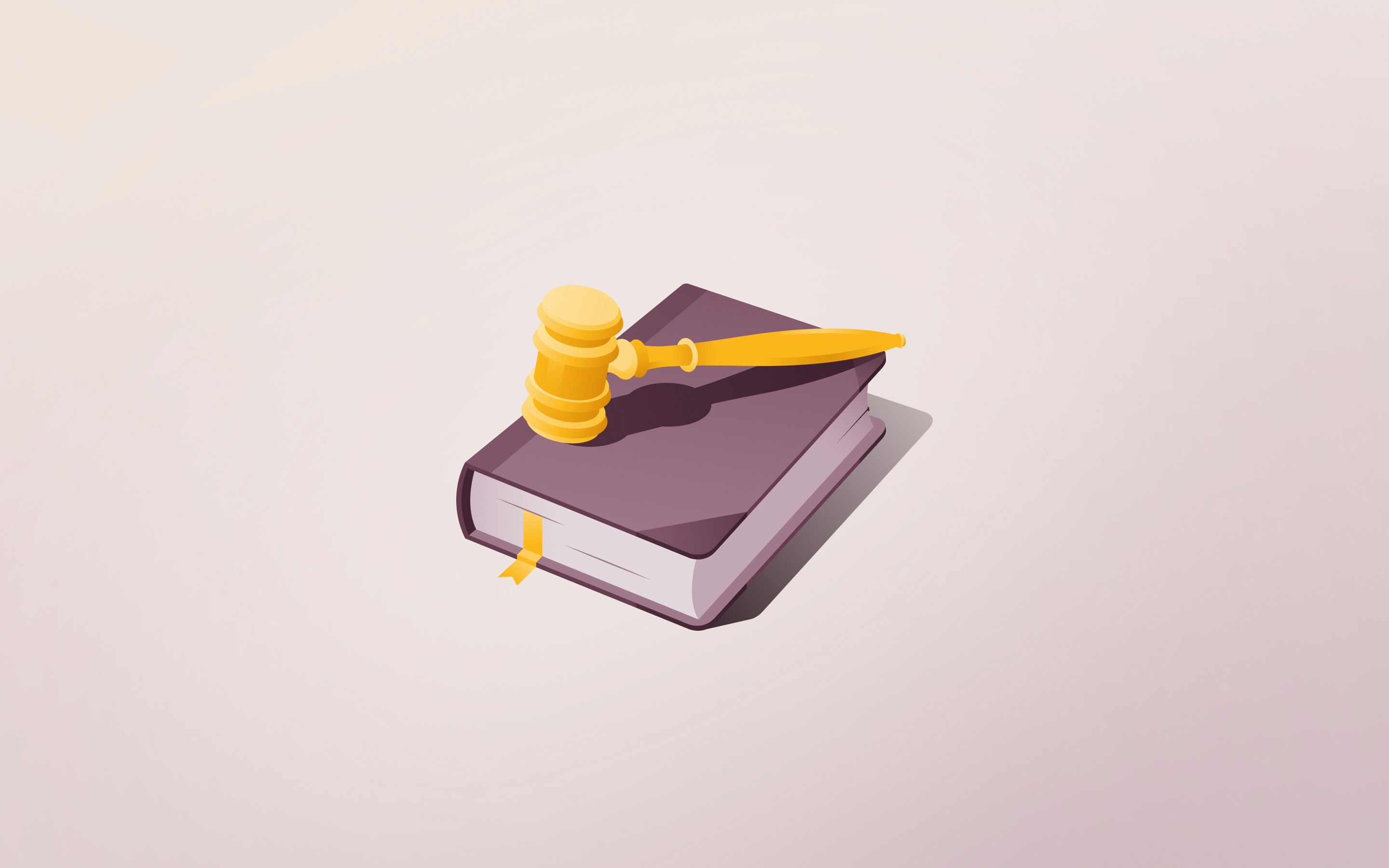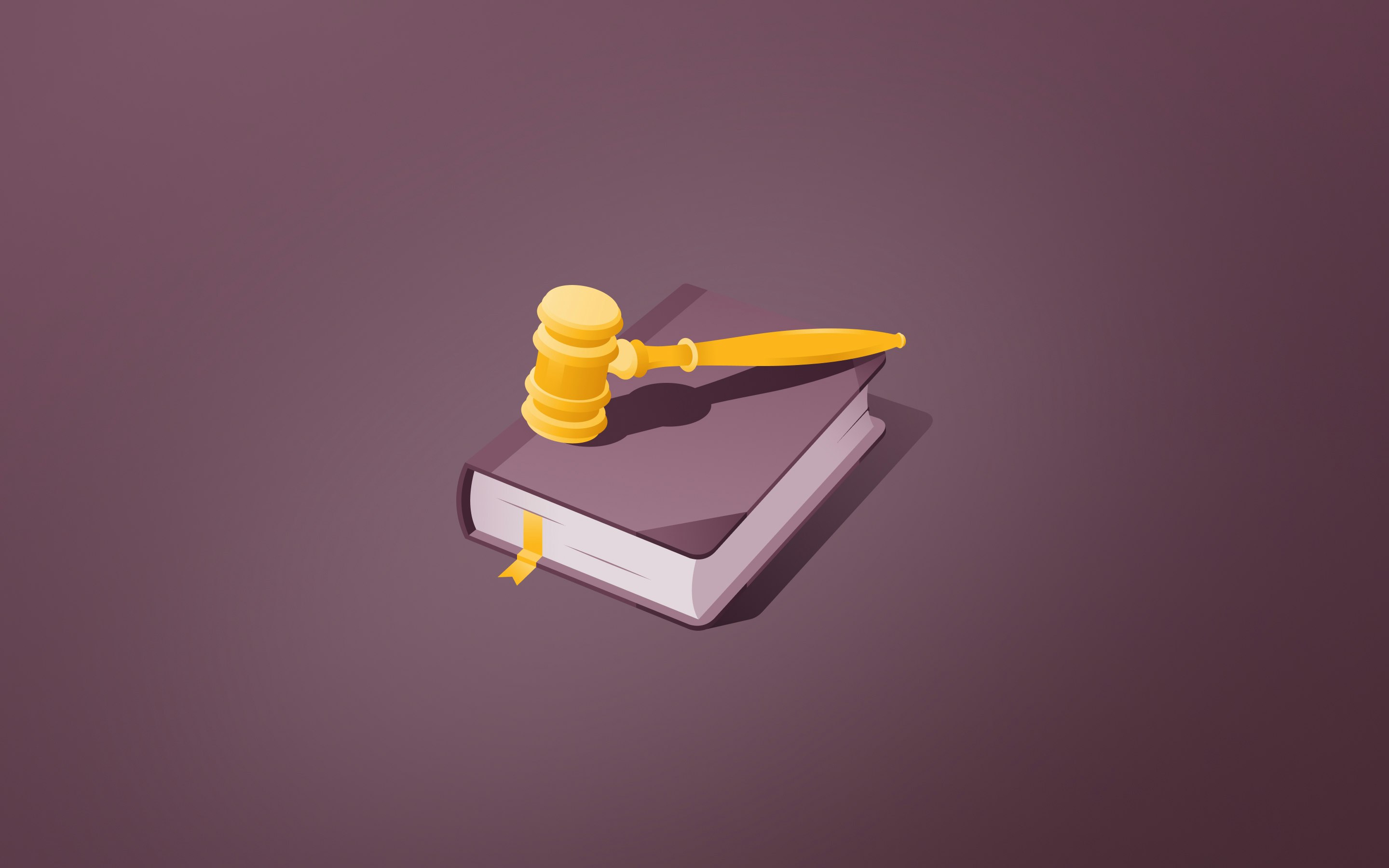Employment and labor laws in New York [Updated 2025]

Employment laws exist to provide employees and employers alike with a legal framework and guidelines as they navigate issues in the workplace. In the United States, employers have to follow overarching federal laws as well as state-level guidelines, which may vary from state to state (and even city to city).
New York offers a series of progressive protections for employees, safeguarding workers from discrimination, promoting pay transparency, and more. If you’re hiring in the Empire State—whether you’re based in New York City, upstate, or on Long Island—it’s crucial you understand and comply with local law.
Rippling helps you remain compliant with New York’s strict employment laws. Scale your business faster by letting Rippling’s Professional Employer Organization service handle your tax registration and management.
Employment vs. labor law: What’s the difference?
People often use the terms “employment law” and “labor law” interchangeably, so it may surprise you to learn that they actually mean two different things. Legally, employment law is used to refer to matters that concern the relationship between an employer and an individual, while labor law applies to matters between an employer and a group of people, like a labor union. Labor law is actually a subset of employment law.
Here are some examples of issues employment and labor laws each encompass:
- Employment law covers topics like wages, hours, hiring practices, overtime pay, termination, workplace discrimination, and retaliation.
- Labor law includes union dues, union membership, and collective bargaining agreements.
Wages and hours in New York
When it comes to paying workers in New York, employers must adhere to strict legal regulations. In September 2023, New York expanded its pay transparency laws to cover most employers in the state. In addition to being required to pay employees fairly, New York employers with four employees or more must disclose compensation information right away.
Minimum wage in New York
As of 2025, the New York Department of Labor sets the minimum wage at $16.50 per hour for all employers in NYC, Westchester County, and Long Island. For employers in the rest of the state, the minimum wage is $15.50 per hour. Both rates are higher than the federal rate of $7.25 per hour set forth by the Fair Labor Standards Act (FLSA).
When setting hourly wages for employees, Rippling automatically flags minimum wage violations based on the state regulations where employees are located—which is especially useful for ensuring compliance in New York, where the minimum wage rates are higher.
Overtime pay in New York
There are times when working outside of regular hours is inevitable. When this happens, employees in New York can receive overtime pay. Under New York overtime law, employees are entitled to 1.5x their usual rate for all hours worked over 40 hours in a workweek.
To adhere to these overtime pay laws in New York, Rippling’s payroll software automatically applies the correct pay rates when an employee’s hours trigger overtime pay requirements.
Pay transparency in New York
Over the last few years, pay transparency has become a hot topic in state departments of labor across the US. Pay transparency laws are being proposed for a variety of reasons, including increasing wage equity and preventing disparities in pay based on factors like gender identity, race, and age.
It should be unsurprising that in progressive New York City, a pay transparency law was passed in 2022; it requires companies to explicitly list the salary or hourly wage for a position upon posting. The town of Ithaca also passed a pay transparency law.
As of September 17, 2023, a similar law went into effect for employers with four or more employees in the rest of the state. According to this law, employers must include salary ranges in all job postings.
Rippling enforces compensation bands during onboarding and flags out-of-band adjustments, so you can approve special cases and block others as needed.
Meal breaks and rest periods in New York
Under New York State employment law, employers are obligated to provide nonexempt employees with a meal break. The minimum time for a meal period is 30 minutes for every six hours of work, but there are conditions under which employees are eligible for more time. For instance, factory workers can take at least 60 minutes for their noontime meal. Also, for workers whose shifts start between 1 pm and 6 am, the meal break must be 45 minutes.
Leaves of absence in New York
When employees need to care for a loved one, deal with a serious health condition, or recover from their own illness, they might need to take a leave of absence from work. During that time, they shouldn’t have to worry about whether or not they’ll have a job when they return.
The federal Family and Medical Leave Act (FMLA) gives employees the right to take a protected leave of absence. In addition, New York offers state-level protections. This includes Paid Family Leave, which provides employees with up to 12 weeks of paid leave—at 67% of their pay—to take care of seriously ill family members.
Under the law, a “family member” is defined as a:
- Spouse or domestic partner
- Child
- Parent or parent-in-law
- Grandparent
- Grandchild
- Sibling
To be eligible for Paid Family Leave, employees must have worked for the same company for 20 hours or more each week for at least 26 weeks.
Below, we’ll discuss two other types of leave offered in New York State: pregnancy disability leave and paid sick leave.
Pregnancy disability leave in New York
Pregnant employees can take disability leave in New York State for four weeks before their due date and six weeks after giving birth naturally (eight weeks if they have a C-section). Pregnancy disability benefits cannot be collected at the same time as Paid Family Leave benefits.
On January 1, 2025, the New York State Paid Prenatal Leave Law came into effect, making New York the first state to mandate paid prenatal leave. Now all privately employed pregnant New Yorkers are entitled to an additional 20 hours of paid sick leave for prenatal care on top of other leave entitlements.
Paid sick leave in New York
Under New York’s Paid Sick Leave (PSL) legislation, the amount of sick leave employees receive depends on the size of the company they work for. The leave law guidelines are as follows:
- Employers with four or fewer employees whose net income was less than $1 million in the previous tax year must offer up to 40 hours of unpaid sick leave in a calendar year (from January 1 to December 31).
- Employers with four or fewer employees whose net income exceeded $1 million in the prior tax year must provide up to 40 hours of PSL in a calendar year.
- Employers with five to 99 employees must offer up to 40 hours of PSL in a calendar year.
- Employers with 100 or more employees must give up to 56 hours of PSL in a calendar year.
Rippling allows you to automate and customize your leave policy, giving you full visibility into how employees are utilizing it.
Workplace safety in New York
Employers in the United States are legally mandated to maintain adequate and healthy working conditions for all employees by offering safety training, identifying and eliminating potential health hazards, and reporting any on-site accidents or illnesses.
The Occupational Health and Safety Administration (OSHA) oversees and enforces workplace safety protections for employees throughout the US—although individual states may have even stricter regulations in place. In New York, private-sector employees are covered by OSHA. However, public-sector employees are covered by New York’s Division of Safety and Health, which is part of the Worker Protection Bureau.
Also, there is new workplace safety legislation coming into effect on June 2, 2025. The New York Retail Worker Safety Act (RWSA) requires all employers with at least 10 retail employees to implement specific training and workplace violence prevention policies.
Rippling PEO offers a convenient pay-as-you-go workers’ comp plan that doesn’t require you to pay upfront for the whole year, so you can scale your business stress-free in New York and anywhere else in the US.
Discrimination and harassment laws in New York
New York has comprehensive legislation in place to protect workers against discrimination and harassment in the workplace. The New York State Human Rights Law prevents discrimination based on numerous protected characteristics.
These include:
- Race
- Religion or creed
- Age
- Color
- Sexual orientation
- National origin
- Sex
- Disability
- Marital status
- Military status
- Prior arrests and convictions
- Genetic predisposition
Furthermore, it’s crucial to be aware that, under the law, harassment is considered a form of discrimination. Workplace harassment occurs when there is unwelcome conduct towards an employee that negatively impacts their well-being and performance. Unwelcome conduct can be displaying inappropriate objects or photos, making verbal threats, physically or sexually assaulting an individual, or insulting them.
Sexual harassment training requirements vary by state. In New York State, employers with one or more employees must offer sexual harassment training to their team annually. Rippling’s Learning Management System is pre-loaded with core sexual harassment training courses to ensure each employee meets the state requirements based on where they live.
In New York, as elsewhere in the US, employers are responsible for more than their own words and actions; they’re also responsible for any discrimination and harassment committed by employees, even if they were unaware of the issue. New York takes workplace discrimination and harassment seriously, and violations may result in significant penalties and fines.
Unions in New York
A labor union is a group of two or more employees who band together to advance workers’ rights at their company. Unions collectively bargain with employers to negotiate and enforce employment contracts that provide employees with fair working conditions. Some common issues labor unions handle include overtime pay, work hours, working conditions, and health insurance costs.
Under the National Labor Relations Act (NLRA) of 1935, certain employee rights were enshrined with respect to unions. Employees are guaranteed the right to:
- Organize or join a union to negotiate with an employer
- Bargain collectively by choosing employee representatives
- Discuss their employment terms with co-workers
- Take action to improve working conditions by filing complaints with their employer or the government, or seek help from a union
- Strike and picket, depending on the reason
- Abstain from joining a union
The NLRA also made it illegal for unions and employers to act in a way that might coerce an employee’s decision about supporting a union. You cannot fire an employee for deciding to join a union; similarly, unions cannot threaten workers who decide they don’t want to be union members.
On a state level, employers need to be aware of “right-to-work” laws, which give employees the right to decide if they want to join a union or not. New York is not a "right-to-work" state, which means if an employee is hired at a company where the workforce is unionized, they may be required to become a union member.
FAQs about New York labor and employment laws
Are independent contractors covered under New York employment laws?
The short answer: It depends on the law. Independent contractors in New York State are now protected under a new whistleblower law, for instance. Our analyzer tool can help you ensure you’re classifying workers correctly and complying with employment regulations.
Does at-will employment exist in New York?
Yes, New York is an at-will state. This means employers and employees can end a working relationship at any time without providing the other party with a reason or notice.
What privacy rights do employees have in New York?
New York has strong employee privacy protection laws. This includes the SHIELD Act, which requires employers to secure the personal information of state residents (if they have access to it). Another piece of legislation mandates employers provide workers with written notice before they start monitoring their activities at work.
Are background checks legal in New York?
Yes, but there are limitations. New York employers must comply with the Fair Credit Reporting Act (FCRA) and New York State Labor Law when conducting background checks. According to the FCRA, employers must obtain an individual’s written consent before running a background check. Additionally, under state background check laws, employers are prohibited from asking about certain arrest and criminal records, especially if those records have been sealed.
Are whistleblowers protected in New York?
Yes. In 2022, New York State amended its existing whistleblower protections, and the result is some of the most powerful legislation in the country. New York Labor Law § 740 extended protections to both employees and independent contractors who report any activity they reasonably believe violates the law.
Is workers’ compensation coverage required in New York?
Yes. The New York State Department of Labor requires employers of all sizes to provide workers’ compensation insurance to their employees. The penalties for not complying with the law are stiff. If you have five or fewer employees, you can be fined between $1,000 and $5,000; companies with more than five workers can be charged with a Class E felony and face fines of between $5,000 and $50,000.
Are there required healthcare benefits in New York?
While New York has no state laws mandating employer-provided healthcare, under the federal Affordable Care Act, employers with 50 or more full-time employees are required to provide health insurance benefits.
Are New York employers required to provide bereavement leave?
No. New York employers are not required to provide any bereavement leave.
What employee protections are available in New York if layoffs occur?
According to the federal Worker Adjustment and Retraining Notification (WARN) Act, employees have the right to a 60-day notice before being laid off anywhere in the US. In June 2023, the NY Mini-WARN Act went into effect; this law requires covered businesses with 50 or more employees to provide 90 days’ notice before layoffs occur. This protection extends to workers who primarily work from home.
This blog is based on information available to Rippling as of March 21, 2025.
Disclaimer: Rippling and its affiliates do not provide tax, legal, or accounting advice. This material has been prepared for informational purposes only, and is not intended to provide, and should not be relied on for, tax, legal, or accounting advice. You should consult your own tax, legal, and accounting advisors before engaging in any related activities or transactions.






